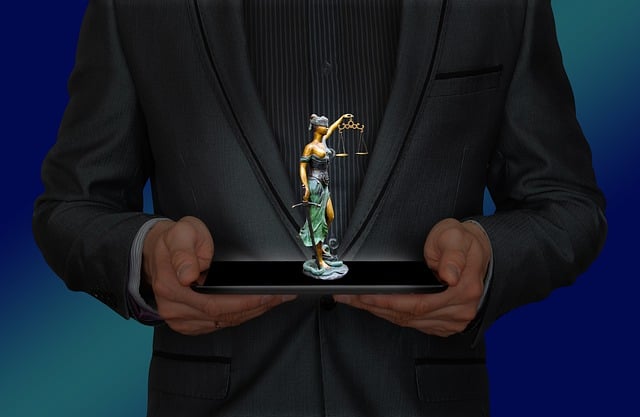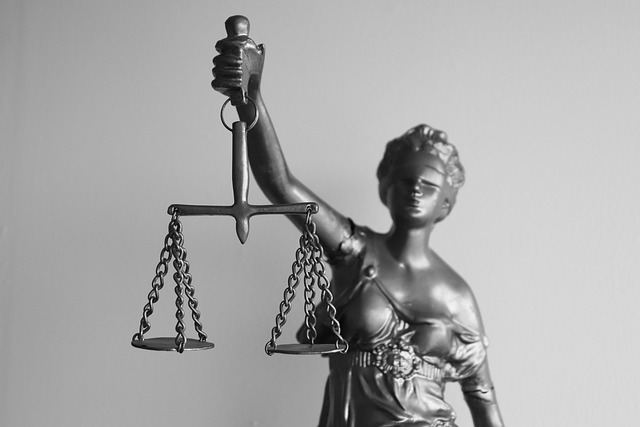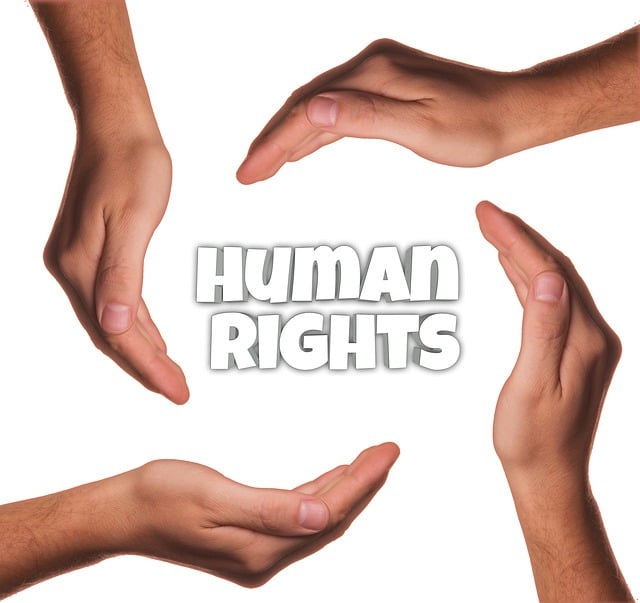Environmental Crime Trials operate within a specialized legal framework that demands specific standards for burden of proof and procedures. These trials aim to hold individuals or corporations accountable for environmental law violations, emphasizing fairness and due process. Prosecutors must present compelling evidence beyond a reasonable doubt, similar to general criminal cases. Specialized courts and legal strategies, like jury trials involving affected communities, enhance transparency and deter future violations. Complex cases require expertise in both scientific evidence and legal precedents, shaping a dynamic landscape for environmental law enforcement, with Legal Standards for Burden of Proof playing a pivotal role.
Environmental Crime Trials delve into the legal complexities of prosecuting harm to our planet. This article explores the Legal Framework governing these cases, focusing on defining the Legal Standards for Burden of Proof. We analyze the unique challenges faced by judges and prosecutors, from establishing causation to interpreting regulations, as they navigate the intricate web of environmental crime adjudication. By understanding these standards, we can better address the pressing need for accountability in safeguarding our environment.
- Understanding Environmental Crime Trials: The Legal Framework
- Defining the Burden of Proof: Key Legal Standards
- Implications and Challenges in Adjudicating Environmental Crimes
Understanding Environmental Crime Trials: The Legal Framework

Environmental Crime Trials operate within a specific legal framework that dictates the standards for burden of proof and the procedures involved. These trials focus on holding individuals or corporations accountable for violations of environmental laws, regulations, and treaties. The Legal Standards for Burden of Proof play a pivotal role in these proceedings, with prosecutors and plaintiffs required to present compelling evidence to establish guilt beyond a reasonable doubt. This is akin to the standard set in general criminal defense cases, ensuring fairness and due process.
An unprecedented track record of environmental crimes has spurred the development of specialized courts and legal strategies. Jury trials, for instance, offer an avenue for affected communities to participate directly in the justice process. This collective approach not only increases transparency but also reinforces the message that environmental violations will not be tolerated. The complexity of these cases demands a thorough understanding of both scientific evidence and legal precedents, shaping a dynamic landscape for environmental law enforcement.
Defining the Burden of Proof: Key Legal Standards

In environmental crime trials, defining the burden of proof is a critical step that sets the legal framework for the case. The Legal Standards for Burden of Proof determine how much evidence is required to establish guilt or innocence. This standard varies across jurisdictions but generally requires prosecutors to prove each element of the charged offense beyond a reasonable doubt. In the context of environmental crimes, this means presenting compelling evidence that links defendants to illegal activities, demonstrating their knowledge of environmental regulations, and showing that their actions caused harm to the environment.
A robust general criminal defense strategy starts by challenging the burden of proof at every stage of the investigative and enforcement process. Skilled legal teams scrutinize evidence collection methods, question witness credibility, and leverage procedural safeguards to ensure a fair trial. By focusing on these Legal Standards for Burden of Proof, defendants can build winning challenging defense verdicts, protecting their rights and ensuring that environmental crime cases are decided on solid legal principles.
Implications and Challenges in Adjudicating Environmental Crimes

Adjudicating environmental crimes presents unique challenges that require a nuanced approach within the legal system. One of the primary implications is the complexity of proving intent and causation, often necessitating specialized knowledge and evidence. The traditional burden of proof in criminal cases—beyond a reasonable doubt—is heightened when it comes to environmental offenses due to their far-reaching impacts on ecosystems and communities. This demands a thorough understanding of scientific principles and regulatory frameworks.
Legal standards for burden of proof play a pivotal role in ensuring that businesses and individuals are held accountable for their actions. As environmental cases often involve complex scientific data, establishing clear legal guidelines helps maintain fairness and consistency. Moreover, the unprecedented track record of certain industries in causing ecological damage underscores the need for stringent legal procedures. A robust general criminal defense strategy should consider these challenges, aiming to balance environmental justice with the respective business interests.
Environmental crime trials require a meticulous application of legal standards for burden of proof, balancing the complexities of ecological damage with the need for justice. As these cases navigate the intricate relationship between human actions and their environmental consequences, understanding and adhering to robust legal frameworks are essential for effective adjudication. Navigating these challenges is crucial to ensuring accountability and fostering sustainable practices in a world where environmental protection is paramount.






